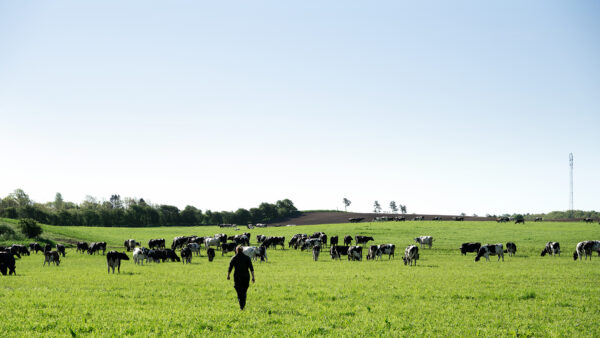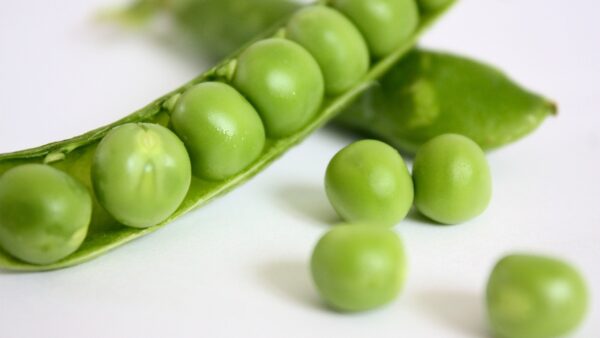In November 2016, the European Commission officially clarified that the intention of the EU’s Directive on biotech patents of 1998 had actually always been not to allow patents on products obtained by essentially biological processes such as crossing and selection. Now, the European Patent Office (EPO) followed the EU’s approach and adopted a new rule that formally excludes plants obtained by such processes from patentability under the European Patent Convention*.
The European Seed Association (ESA), the representative organisation of the European plant breeding and seed sector, welcomes and very much appreciates this decision. Patent protection should now only be granted for processes that are not essentially biological and for plant products that are obtained by such processes.
‘’This is a huge success for the European seed sector,” says Garlich von Essen, ESA’s Secretary General. “Since 2007, ESA has continuously advocated the need for such a clarification to re-establish the balance between the two IP systems that are available for breeders to protect their inventions, plant breeder’s rights on the one hand, and patents on the other. After years of discussion, we now obtained this important decision, which increases the legal certainty that is crucial for Europe’s plant breeders.’’
For the member countries of the European Patent Convention (EPC) which are also EU Members States, there is now an obligation to implement both the EPC and the EU Directive 98/44 observing the new rule and the clarification of the Commission. This will assure a fully coherent approach in national patent laws in the field of plant-related inventions, since the EPC and the EU Directive are now aligned.
After the Commission’s clarifying notice last November, the EPO suspended all the proceedings related to patent applications on plants, and will now process them in the light of the new decision.
‘’The application of the new rule in practice might show that there are still some grey areas. Products of non-essentially biological processes of course remain patentable,” says von Essen. “For breeders, the important practical question will be whether their new varieties are free from existing patent claims if they arrive at products with similar traits, but do so in an independent manner and based on essentially biological breeding processes. This is a matter that we hope to clarify in constructive discussions with the EPO.”
* According to the decision of the EPO’s Administrative Council, Rule 28 of the Implementing Regulations of the European Patent Convention (EPC), which deals with exceptions to patentability, is completed with a second paragraph stating that “under Article 53(b), European patents shall not be granted in respect of plants or animals exclusively obtained by means of an essentially biological process’’.
Source: ESA













